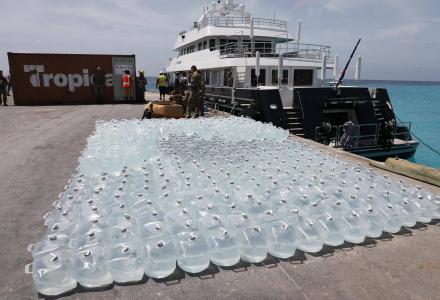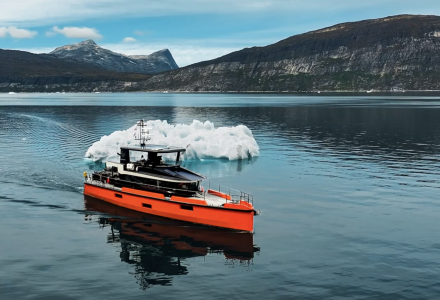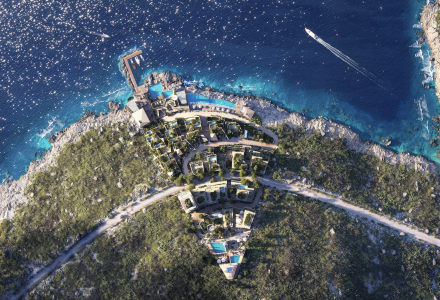YachtAid Global orchestrates the delivery of disaster relief, development and conservation aid to coastal communities worldwide. The organization was founded in 2006 and is a registered nonprofit which utilizes a network of volunteers who coordinate logistics, yacht owners and donors who match with yacht owners and yacht crew to transport these lifesaving basic supplies in serious times of need. Since its launch, the YachtAid Global team has expanded its mission in order to be able to best utilize charitable resources to deliver maximum impact. The charity sits in a unique position where it's able to mobilise superyachts and aid vessels, and connect them with aid providers, volunteers and other NGOs for natural disaster relief and humanitarian work quickly and efficiently.
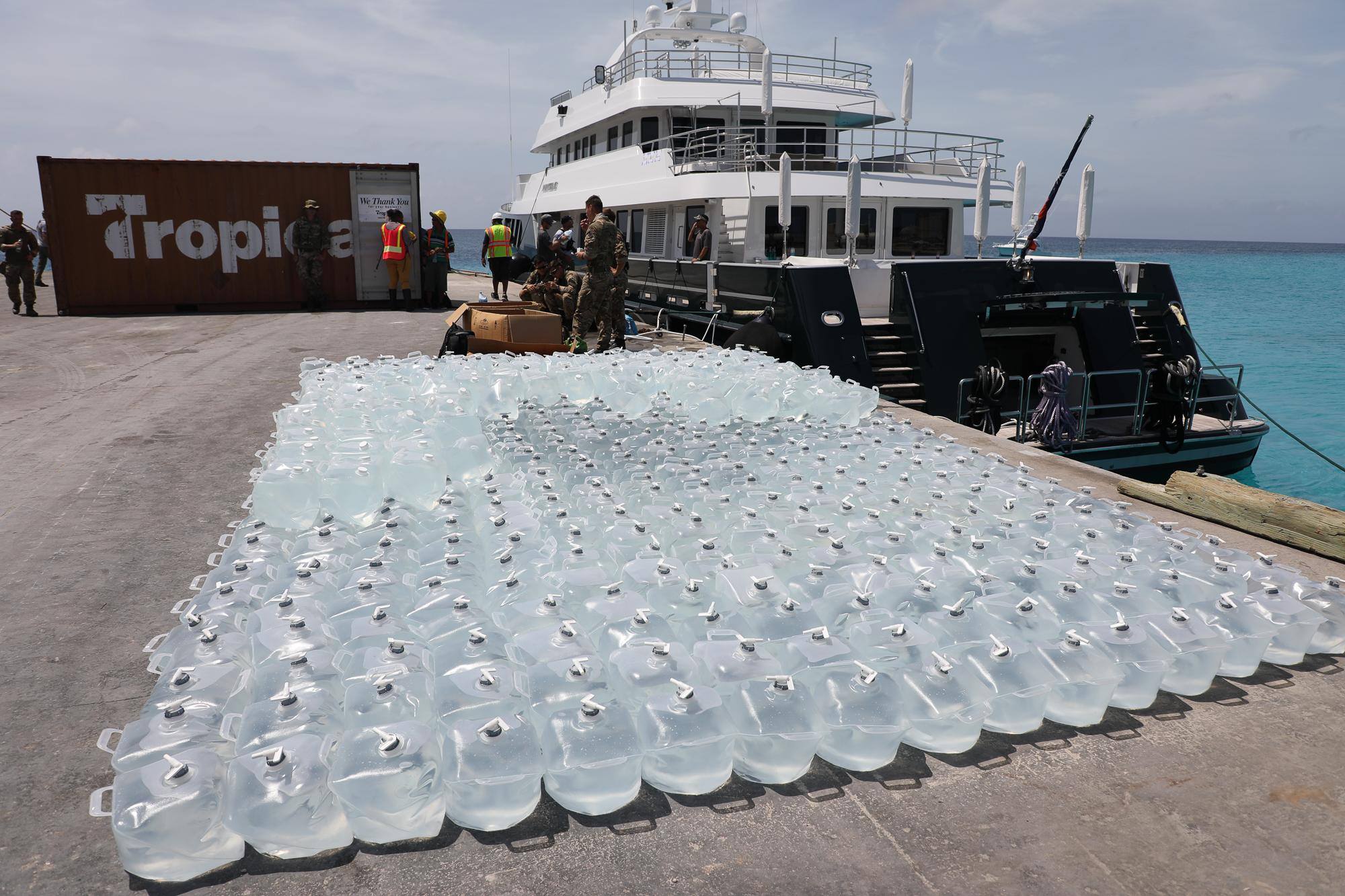
With recovery still underway from last year’s Atlantic hurricane season in the Caribbean, YachtAid Global is encouraging yachts to be ready to respond as this year’s seasons across the Atlantic, Eastern North Pacific and Western North Pacific begin.
Superyacht aid organization, YachtAid Global has compiled a number of tips for yachts seeking to be ready to assist should this year’s hurricane seasons prove as virulent as 2017’s.
This year’s seasons officially began 1 June, and May 15 for the Eastern Pacific, and YachtAid Global is urging yachts planning to cruise affected regions to take small steps to be ready to respond in the aftermath of large hurricanes. Post-storm damage can include anything from lifted roofs, lack of potable water and food, to lack of crops, ongoing power sources and other facilities needed for islands to be self-sufficient.
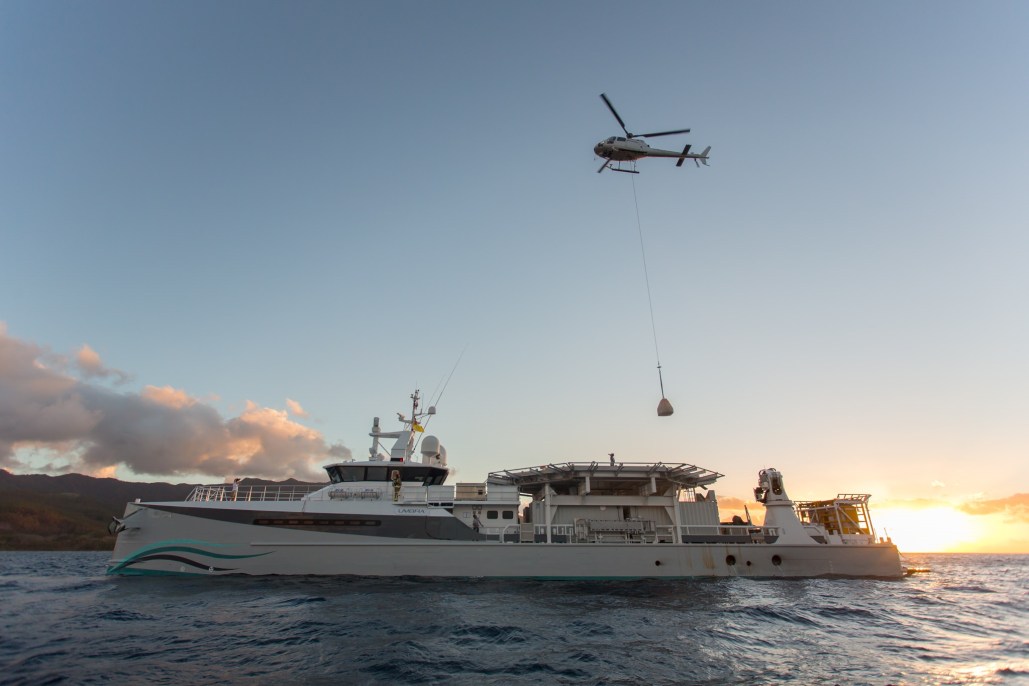
YachtAid Global is in sync with national and international governing bodies and able to relay accurate ground-truth information to yachts which wish to respond to a region. Once the yacht’s crew and management team have this data, they can be confident they’re carrying the aid and supplies which are most-essential to recovery.
Means for yachts to assist in emergency response
YachtAid Global works with Global Support and Development, an elite team of professionals, who go into disaster zones to protect first responders, carry out search and rescue operations, provide full medical teams and other crucial emergency responses.
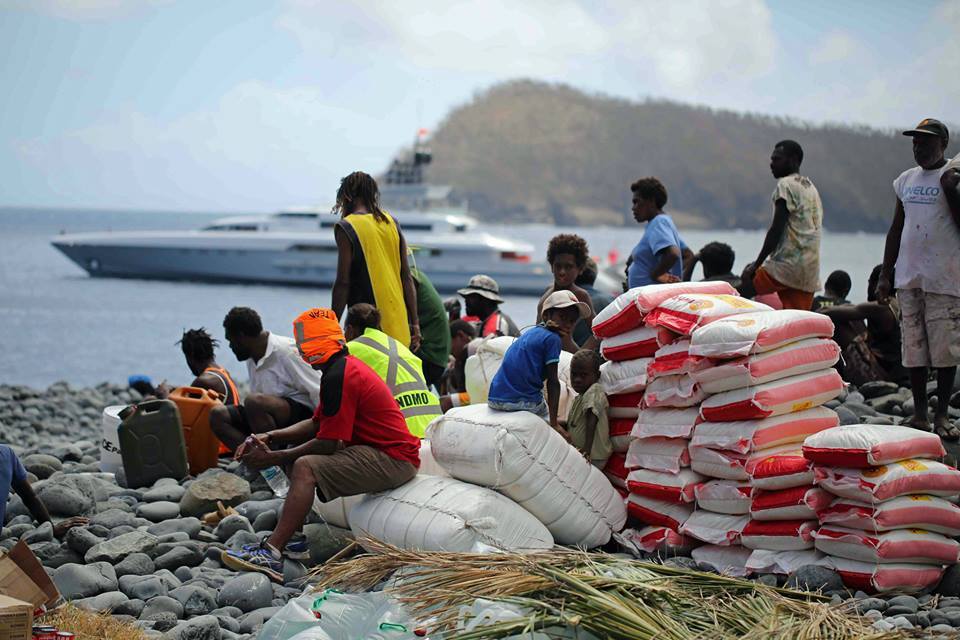
The organization has coordinated the GSD team to provide a three day first responder training course designed specifically for yacht crew.
The course is free and covers logistics, yacht preparation, heli ops, seaplane ops, medical training, water safety and more to give crew the skills to provide meaningful assistance in an emergency response. Key outcomes of the course include educating crew on how to stay safe in a disaster zone and training them to be ready for GSD to run operations from the vessel.
Much of the supplies yachts can be called on to deliver are food and water, however there are many other ways a yacht can help. Acting as an intel or communications base can be crucial, as well as a vessel for medevacs. One of the most important roles yachts play though, is that of bringing hope. In remote parts of a badly-struck region yachts can be the first vessels to arrive, reassuring locals affected that they are on the relief map.
In regional yachting hubs YachtAid Global’s partners - for example Estela Shipping in Palma and Eco-Mer in Antibes - coordinate large and small donations as well as the loading and clearance of aid. Regional representatives then feed into YachtAid Global which is able to coordinate with the government or contact on the ground; acting as a single point of contact for the superyacht industry to ensure well-intentioned aid enquiries don’t swamp resources in affected areas.
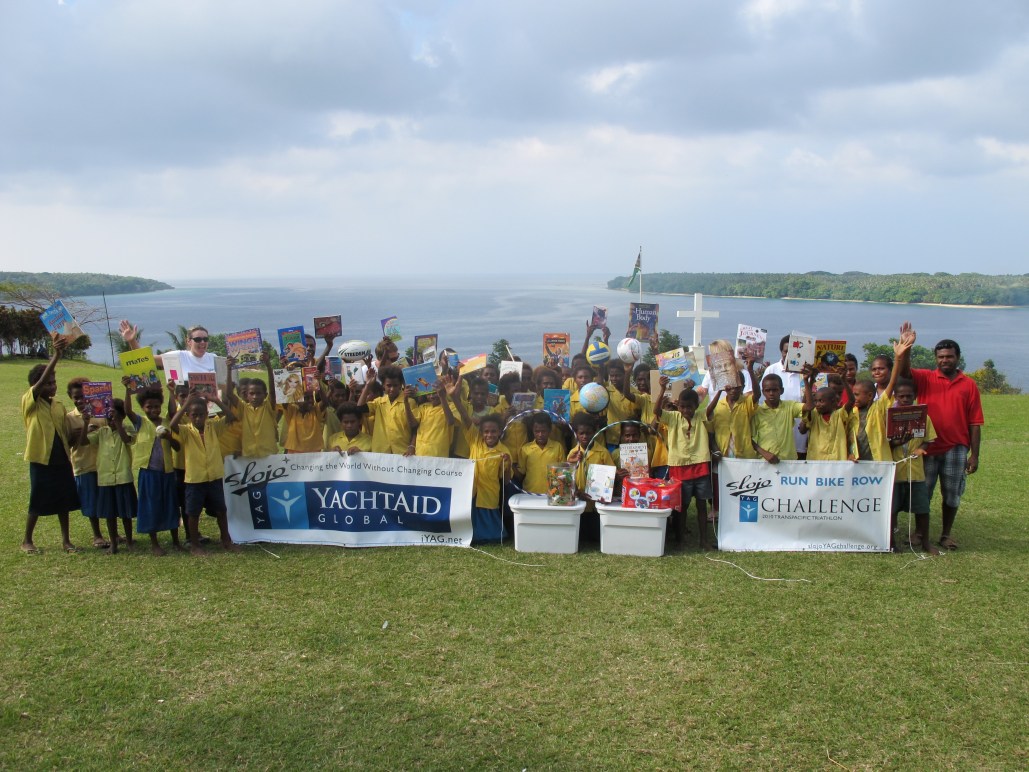
With widespread use of social media, images and information after a natural emergency are extensively shared, though they’re not always an accurate representation of events on the ground.
To mitigate this, YachtAid Global’s team works with Humanity Road - a respected, reliable source of ground truth information - to provide a source of accurate, ongoing information for media. The organization is also adept at helping local media disseminate information from their perspective in the emergency zone.
